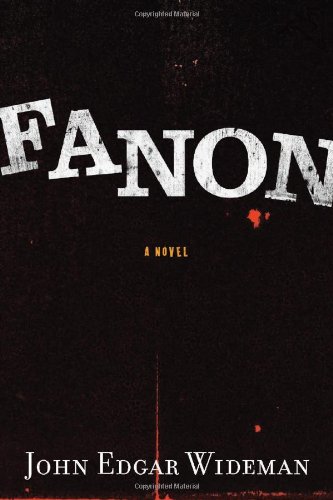Fanon
Franz Fanon, who died in 1961, is most famous for his book, The Wretched of the Earth, which excoriated racism and colonialism. A psychiatrist of African descent, he developed his theories while treating individuals on both sides of Algeria’s war for independence, including victims of torture and their torturers. Many saw his work as justifying the use of violence in overcoming oppression. I expected Wideman’s novel to be a fictionalized retelling of Fanon’s life story, but it is for the most part about an African-American novelist, a stand in for the author, who is struggling to write about Fanon. There are some imagined scenes from Fanon’s life, but generally Wideman’s counterpart takes center stage. He visits his imprisoned brother, Rob, and contemplates the life of his elderly, crippled mother who lives in a Pittsburgh slum. At one point in the narrative, he receives a human head in the mail for reasons never made clear.
There is some beautiful writing in this novel, some well crafted scenes, and, at the heart of it, a moving plea for human brotherhood. Readers will look in vain, however, for a storyline, and those not familiar with Fanon’s work will get little sense of it. The author implies that Rob’s long imprisonment is unjust, the product of racism, but never tells the reader if he actually was guilty of a crime and, if so, what crime it was. How do Fanon’s views on violence relate to Rob’s situation? Is the severed head to be taken purely as a symbol, and of what precisely? Much is left to the reader’s conjecture, too much in my opinion. But fans of postmodernist fiction may admire and take pleasure in this novel.










